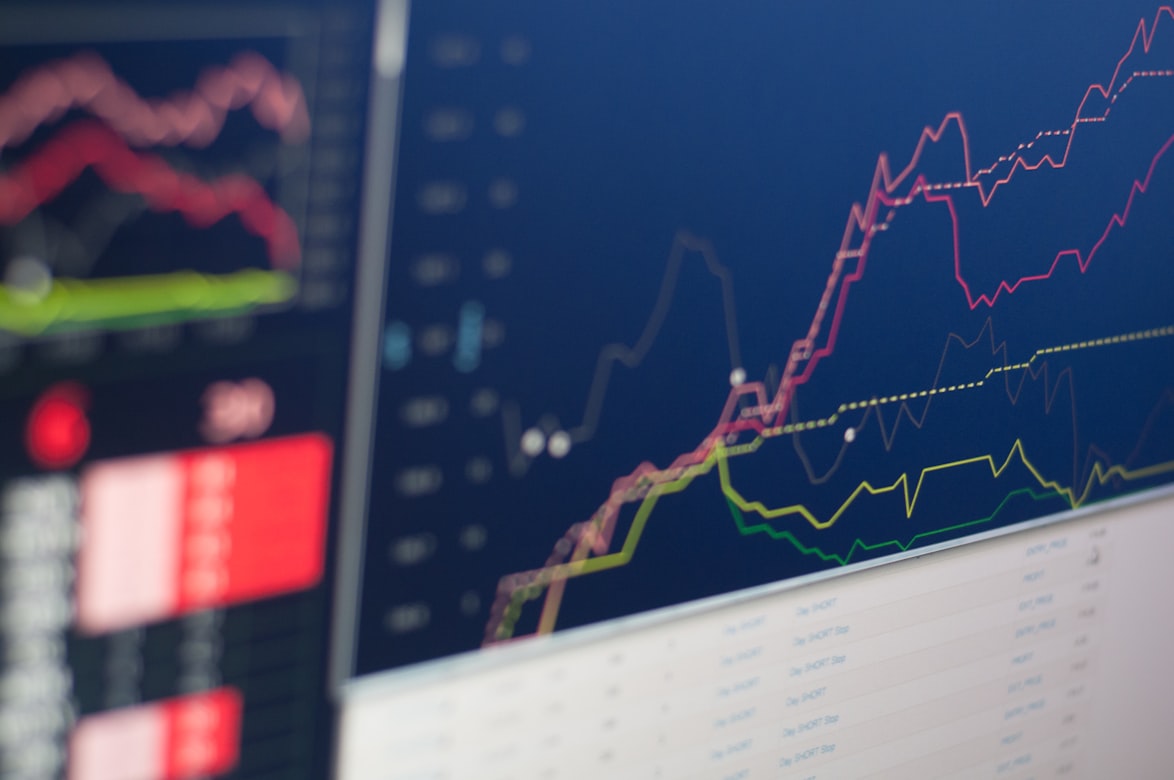Forex has a daily trading volume of over $4 trillion per day, making it the largest financial market in the world. The popularity of Forex attracts traders of all levels, from beginners who are just getting acquainted with the financial markets to well-trained professionals. It is very easy to start trading on Forex thanks to 24/7 trading, access to large leverage and relatively low costs. However, losing money in Forex is just as easy. In this article we will present several ways by which you can reduce your risks when trading currency, and improve your trading.
Hard in training – easy in battle
Studying the specifics of the international foreign exchange market Forex is an integral part of a trader’s success. Although practical skills can only be acquired through daily trading, a trader should study the fundamental fundamentals of the Forex market as much as possible, including understanding the impact of geopolitical and economic factors on a trader’s preferred currencies. Studying specialized literature and analytics is the homework that you must do regularly in order to be prepared to properly respond to changing market conditions, rules and world events.
At the same time it should be noted that there are some books and literature that immediately promise winnings and success in the Forex market, which should be neglected instantly. Any book that guarantees a strategy for consistent profits or so-called win-win strategies are false and no such thing exists. You will always encounter losses, as well as winnings, and taking this fact into account in advance will help a lot.
Find a reliable broker
Each country has its own regulatory body with which legal forex brokers must be registered. Forex brokers generally must be licensed by Central banks, belong to a self-regulatory organization, and also comply with numerous professional standards for the work of forex brokers. You need to research each broker’s offerings, including leverage, commission and spread conditions, initial deposit requirements, and deposit and withdrawal conditions. A good customer service representative should have all of this information and be able to answer any questions regarding the broker’s services and procedures.
Choosing a reliable broker is an important component of a trader’s success, however, you should not rely solely on a broker’s specific licenses, etc. An important criterion is not only a professional license but also a presence on the market for at least 5 years.
Train on a demo account
Almost all trading platforms have the option of a demo account. Such a free demo account does not require depositing your own funds; you trade on it with virtual money, practising the skill of making transactions and not risking your own funds.
Few things can do the same damage to a trading account as pressing the wrong button when opening or exiting a position. It is not uncommon for a novice trader to accidentally add to a losing position rather than close a trade. Multiple mistakes when entering orders can lead to large unprotected losing trades. In addition to the devastating financial consequences, this situation creates incredible stress, and to avoid it, you cannot do without practice. There is only one conclusion: practice on a demo account before opening a trading account.
Use a minimal set of indicators and tools
Once you have opened your trading account, it can be tempting to take advantage of all the technical analysis tools that the trading platform offers. While many of these indicators are optimal for the Forex market, it is important to use them selectively. Using duplicate instruments – for example, two volatility indicators or two oscillators – can be redundant and even give opposite signals. This should be avoided – any analysis method that is not regularly used to improve trading performance should be removed from the chart window.
As a rule, for an effective trading strategy, the simplest combination of trend indicators and leading indicators (oscillators) is sufficient. Trend indicators allow you to identify and confirm the current price trend and, accordingly, choose a strategic direction for trading. Oscillators, on the other hand, help to determine the optimal point of entry and exit from the trend. It should be borne in mind that, according to statistics, the markets are in a trend no more than 35% of the year and are in a flat (sideways movement outside the trend) about 65% of the time. Accordingly, trend indicators are absolutely useless in a flat, and oscillators, nevertheless, can be useful even in a flat, when determining the key levels of a sideways range.
The bottom line
The global foreign exchange market is attractive to many traders due to the affordable minimum deposit, 24/7 trading and high leverage. If you treat foreign exchange as a business, it can be a profitable and effective endeavor. To avoid losing money in the foreign exchange market, you need to:
- be well prepared
- exercise patience and discipline to analyze
- use trading strategies wisely
- treat trading like a business.

